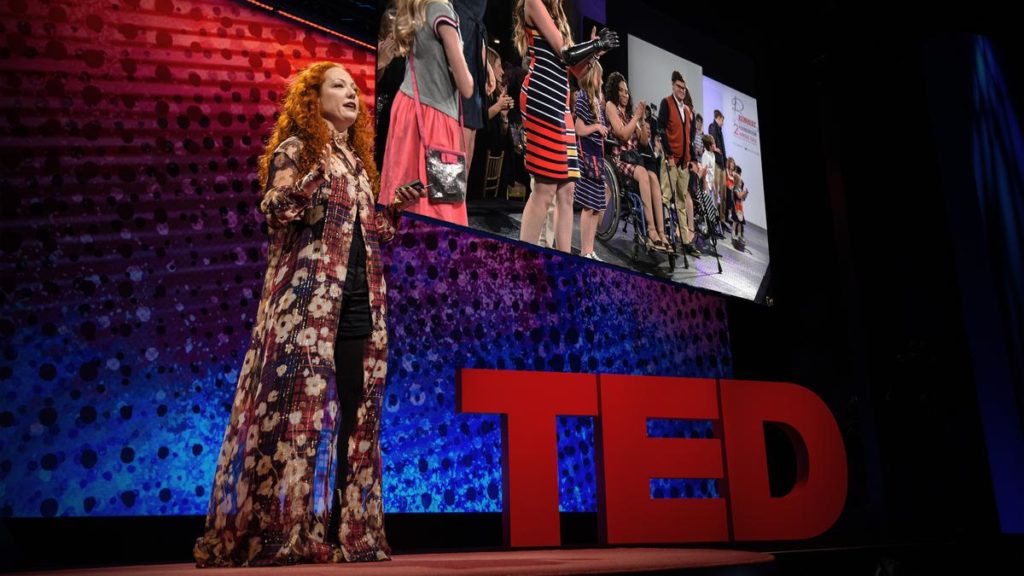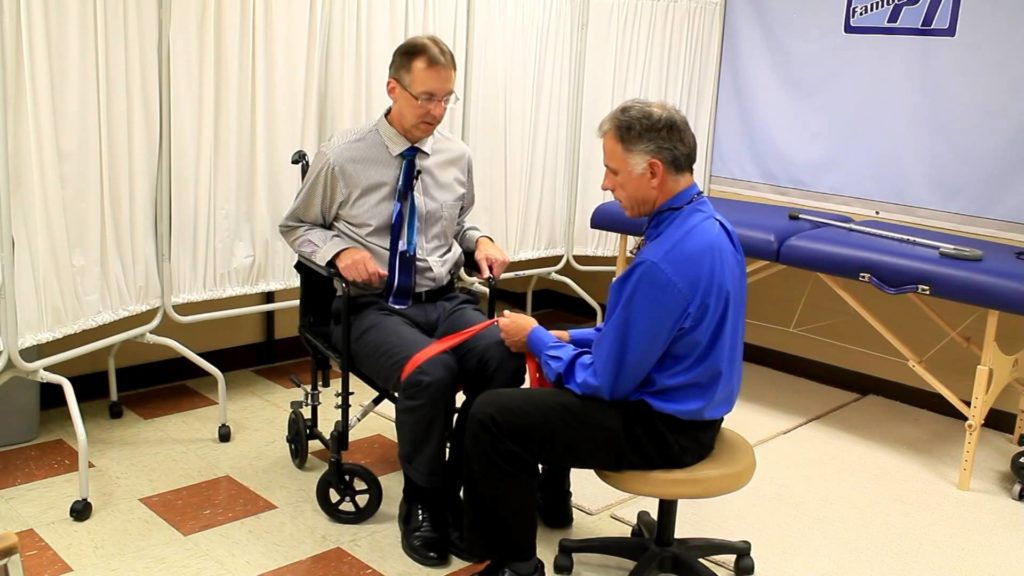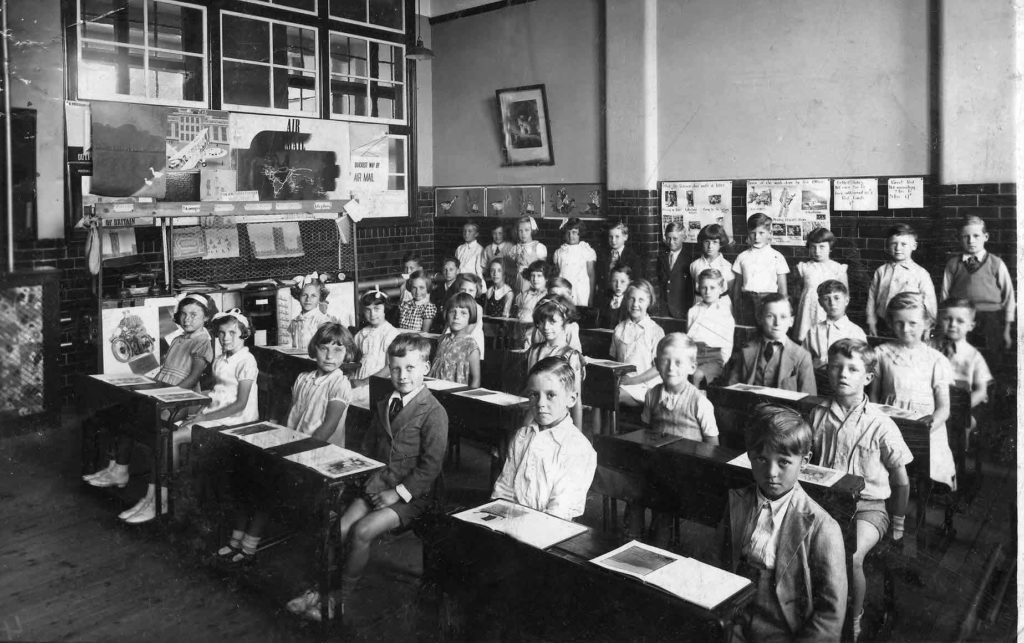Do you have a favorite T-shirt or pair of jeans that transforms you and makes you feel confident — makes you feel like you? That’s because what you wear can affect your mood, your health and your self-esteem, says fashion designer Mindy Scheier. Inspired by her son, who was born with a degenerative disorder that makes it hard for him to dress himself or wear clothing with buttons or zippers, Scheier set out to make clothing that works for everyone, including the differently abled. Learn more about how she’s made fashion history by producing the world’s first mainstream adaptive clothing line.
Disability
Top 3 Leg Strengthening Exercises for Those in a Wheelchair
Survey about the Common Core and Students with Disabilities
You are invited to participate in a national survey about the Common Core State Standards (CCSS) and students with disabilities.
The purposes of this research are to: (a) identify the extent to which special education teachers are familiar with the CCSS; (b) identify the extent to which special education teachers use the CCSS in their classrooms; and (c) identify the perspectives of special education teachers toward the CCSS as applied to the instruction of students with disabilities.
My name is Damien E. LaRock, and I am a doctoral candidate at Teachers College, Columbia University in New York. If you have any questions about this survey, you may contact me at del2109@tc.columbia.edu.
In order to qualify for this study, you must:
(a) be/have been a teacher who holds a certificate and/or degree in special education (teaching students with disabilities) and
(b) have taught at least one student with a disability [a student with an Individualized Education Program (IEP)] between grades Kindergarten and 12 while using the CCSS.
If you meet the above qualifications and would like to participate, please click on the link below. Completing this survey is voluntary and you may stop at any time or skip any questions you do not wish to answer. This survey generally takes about 10-15 minutes to complete. Your name will not be collected, and any personal information you provide will be completely confidential. Only results without identifying information will be presented. You will learn more about this study when you click on the link, after which you may begin the survey.
As an incentive, you will be entered into a lottery to receive one of several $50.00 Amazon e-gift cards. Your chances of winning the lottery are approximately 1 in 50.
If you know other special education teachers who qualify as participants for this study, you may share the survey link with them.
I appreciate your input very much! It will help me to complete my doctoral research and it will add valuable information to the national discussion about special education and the CCSS!
Litigation and disability benefits – advice is that you need to lawyer up because of an illness or medical condition!
One the course of the last decade disability benefits have become harder and harder to access.
Many people, now find themselves in the unhappy position of having to contact lawyers to help with with their claims.
We found this infographic very useful in explaining a few of the issues around consulting a lawyer. It is about fibromyalgia specifically but much of the advice with be useful for autism and multiple sclerosis for example.
For more information on getting disability payments please have a look at our previous blog post here and here.



